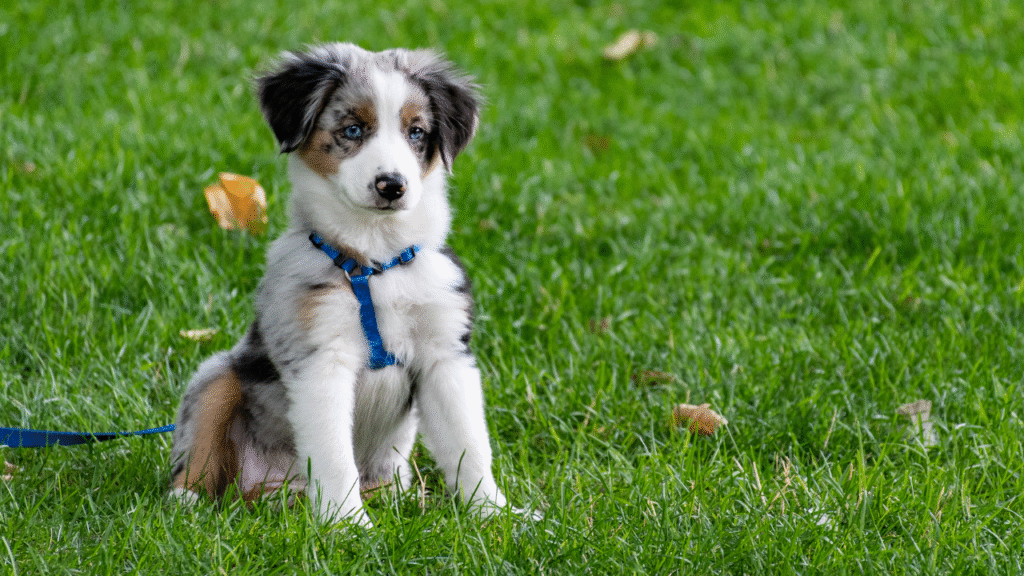The Importance of Socialization for Dogs: A Key to a Happy, Balanced Life
Why Dogs Socialization Matters

Socialization is more than just letting your dog meet other dogs—it’s about exposing them to a wide range of people, animals, environments, sights, sounds, and experiences. A well-socialized dog is more confident, friendly, and less likely to develop behavior problems like aggression, anxiety, or fear.
Whether you’re raising a puppy or adopting an older dog, proper socialization lays the foundation for a balanced and happy life.
What Is Dog Socialization?
Dog socialization is the process of gradually introducing your dog to new experiences. This can include:
- Meeting different people (adults, children, strangers)
- Playing with other dogs
- Encountering various sounds (vacuum cleaners, traffic, thunderstorms)
- Walking on different surfaces (grass, gravel, tiles)
- Visiting different places (parks, vet clinics, pet stores)
The goal is to help your dog become calm and confident in a variety of situations.
The Benefits of Socializing Your Dog
- Reduces Fear and Anxiety
Dogs that are not properly socialized may become fearful or aggressive when faced with new situations. Exposure helps them feel safe and less reactive. - Improves Behavior
Well-socialized dogs are easier to train, more obedient, and less likely to exhibit destructive behaviors like barking, chewing, or biting. - Strengthens Your Bond
Socializing gives you opportunities to build trust and communication with your dog, deepening your relationship. - Promotes Safety
Dogs that are used to being handled by different people (including vets and groomers) are less stressed and easier to care for, making visits safer for everyone involved.
When to Start Socializing
The ideal time to start socializing is between 3 and 14 weeks of age. During this critical window, puppies are most open to new experiences. However, older dogs can also benefit with the right approach—just take it slow and use positive reinforcement.
How to Properly Socialize a Dog
- Start Small and Positive
Begin with low-stress environments. Let your dog observe from a distance before encouraging interaction. - Use Treats and Praise
Reward calm behavior. Positive associations help your dog feel safe and confident. - Expose Gradually
Don’t overwhelm your dog. Introduce new elements one at a time and monitor their response. - Join Puppy Classes or Dog Meetups
Structured socialization environments led by professionals are great for safe learning. - Stay Calm and Confident
Dogs pick up on your energy. If you’re calm, your dog is more likely to feel secure.
Common Mistakes to Avoid
- Forcing interactions: Never push your dog into a situation they’re afraid of.
- Skipping early socialization: Puppies that miss early exposure may grow up with anxiety.
- Overwhelming environments: Too many stimuli can create stress rather than confidence.
Final Thoughts
Socialization is one of the most valuable gifts you can give your dog. It shapes their personality, improves their behavior, and contributes to a richer, more enjoyable life—for both of you. Whether you have a bouncy puppy or a cautious rescue, it’s never too early—or too late—to begin.








